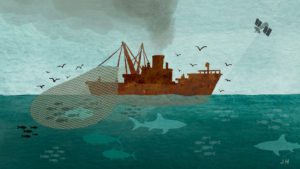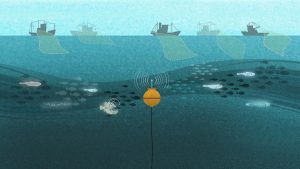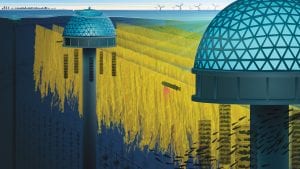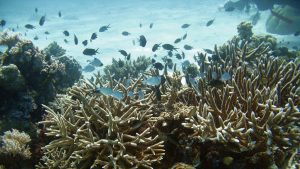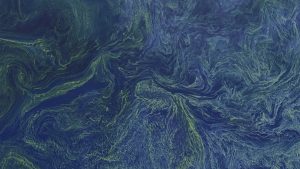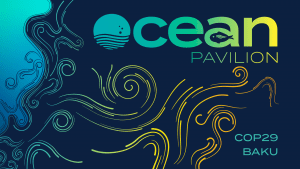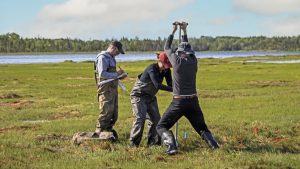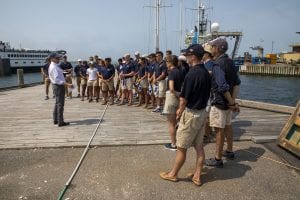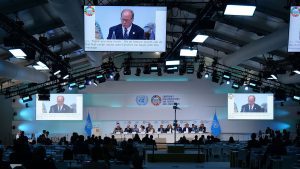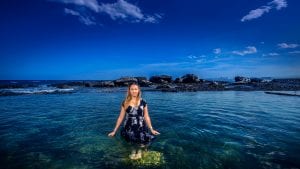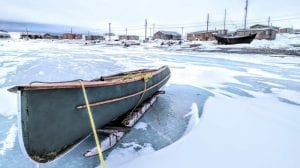Research Highlights
WHOI in the News
Viviane Menezes, a marine scientist at the Woods Hole Oceanographic Institute in Massachusetts, has described the Red Sea as being like a “big lagoon” with “everything connected.” An oil spill at any time of year would be disastrous, she says, but seasonally variable weather and tidal patterns make contingency planning difficult. In the summer, Red Sea currents would drag an oil slick south, threatening Eritrea and Djibouti, and potentially entering the Gulf of Aden. In winter, circular currents would swirl more of the oil north.
Scientist hopes his smart system can reduce ship collisions with North Atlantic right whales. A new technology on the horizon may help to reduce one of those threats, however.
By definition, science seeks to avoid bias, remain independent, refute falsehoods, and seek answers based on evidence, reason, and consensus. An editorial writen by Peter de Menocal and Richard W. Murray.
Oceanus Magazine
News Releases
Research led by Woods Hole Oceanographic Institution predicts lower fishing yields as corals struggle to survive
WHOI and partners pen Baku Declaration, emphasizing the need for ocean observatories to meet climate and biodiversity goals at COP29
Leading science institutions and partners will make the case for greater inclusion of the ocean at COP29
New report released during NY Climate Week and upcoming UN General Assembly high-level plenary meeting on threats posed by sea level rise
Woods Hole, WHOI campus now a stop on the USNA summer sailing team’s route On Friday, July 15, five USNA sailing vessels carrying a total of 50 U.S. Navy personnel docked at Woods Hole Oceanographic Institution’s waterfront facilities, the first…
News & Insights
Harriet Harden-Davies has spent more than 10 years working in the marine policy arena and is now aiding in major U.N. negotiations on laws governing the high seas



